France, Australia announce deal to jointly produce artillery shells for Ukraine, despite Russia's warnings
France and Australia have announced a joint initiative to produce 155-mm artillery shells for Ukraine amid the ex-Soviet republic's ongoing war with Russia.
"Several thousand 155-mm shells will be manufactured jointly," French Defense Minister Sebastien Lecornu said at a joint press conference with his Australian counterpart, Richard Marles, which was also attended by the two countries' foreign ministers in Paris on Monday.
"There are some unique capabilities that exist in Australia and some synergies that can be achieved by Australia and France working together in relation to the supply of this ammunition," Marles said.
The deal will see both countries share the cost of the deliveries of the ammunition from French manufacturer Nexter, with Australia being tasked with providing the explosive powder, Lecornu added.
The four ministers also announced that their respective countries had put behind a bitter row that evolved two years ago, when ex-Australian premier, Scott Morrison, ditched a contract with Paris for diesel-powered submarines in favor of a nuclear-powered submarine deal with the United States and the UK.
France: Supplying jets to Ukraine not out of question
Also on Monday, French President Emmanuel Macron did not rule out sending warplanes to Ukraine, which has been pressing its Western allies for a sustainable and increasingly improving flow of arms.
"Nothing is excluded in principle," Macron said after talks with Dutch Prime Minister Mark Rutte at The Hague, when asked about the possibility of sending jets to Ukraine.
The French head of state, however, conditioned transfer of the warplanes on a set of "criteria," including a so-called guarantee by Kiev that any arms would "not be escalatory" and that they would "not be likely to hit Russian soil."
Dutch politicians have also floated the idea of sending F-16 aircraft to Ukraine, but Rutte sounded a note of caution.
"There is no taboo but it would be a big step," said the Dutch official.
The remarks came soon after Germany, under pressure from its allies, agreed to supply Ukraine with Leopard 2 tanks and drop its opposition to other countries' sending theirs.
Remarking on Sunday, however, German Chancellor Olaf Scholz asserted that his country would not be supplying Ukraine with warplanes.
"I can only advise against entering into a constant bidding war when it comes to weapons systems," Scholz said in an interview with Germany's Tagesspiegel newspaper.
Russia: Western arms recipe for escalation
Reacting to the influx of Western weapons into Ukraine, the Kremlin said further arming of Kiev in such a way would only result in further escalation.
Kremlin spokesman Dmitry Peskov said members of the Western military alliance of NATO are becoming more and more involved in the conflict, but their provision of arms to Ukraine would not change the course of events.
"Ukraine demands more and more weapons," Peskov said in a call with reporters, when asked to comment on a public request by Ukrainian Deputy Foreign Minister Andriy Melnyk for Germany to send Kiev a submarine.
"The West is encouraging these demands, and professes its readiness to provide such weapons," he said.
"It's a dead-end situation: It leads to significant escalation, it leads to NATO countries more and more becoming directly involved in the conflict - but it doesn't have the potential to change the course of events and will not do so," he said.
Earlier this month, Nikolai Patrushev, secretary of the Russian Security Council, said the extent of NATO's involvement in the war had turned it into an actual military conflict between the Western alliance and Moscow.
Russia maintains that the West's anti-Russian agenda, including its eagerness for inclusion of Ukraine in NATO -- and, therefore, the alliance's expansion right up to Russia's borders -- have forced Moscow to launch the war against Kiev.
VIDEO | Press TV's news headlines
Israel launches new strikes against Syrian defense facilities
Netanyahu orders Israel negotiators to continue in Doha
Israeli regime strikes buildings in Lebanon’s south
Suicides among Israeli forces surge amid Gaza war
Gen. Soleimani turned threats into opportunities and fortified resistance axis
Houthi: General Soleimani thwarted US conspiracies in West Asia
Islamic Jihad prevents Israeli captive from taking own life


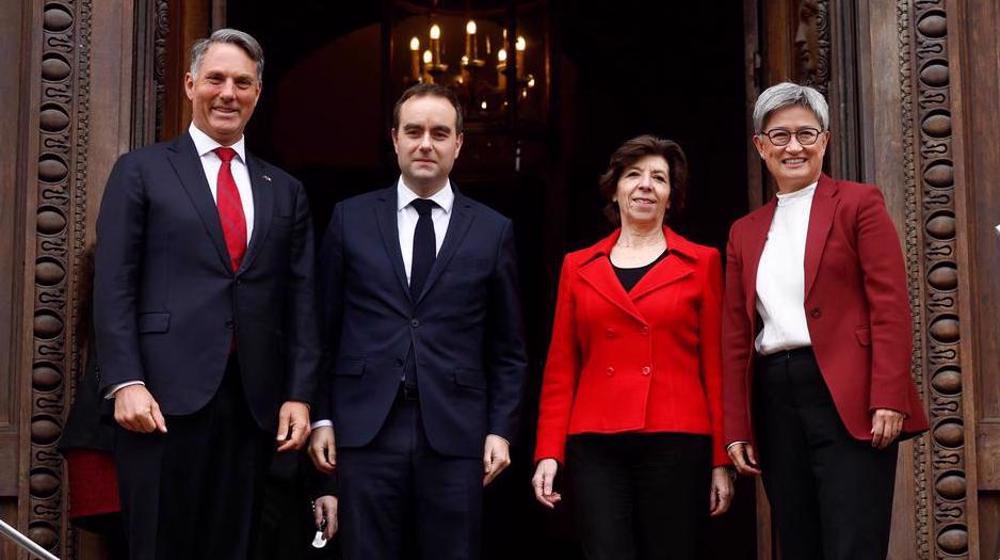
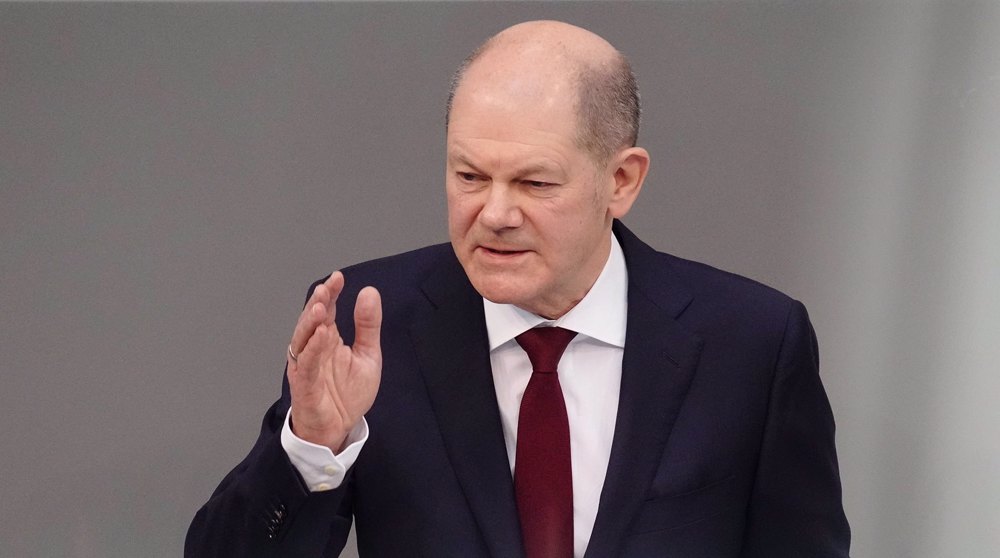
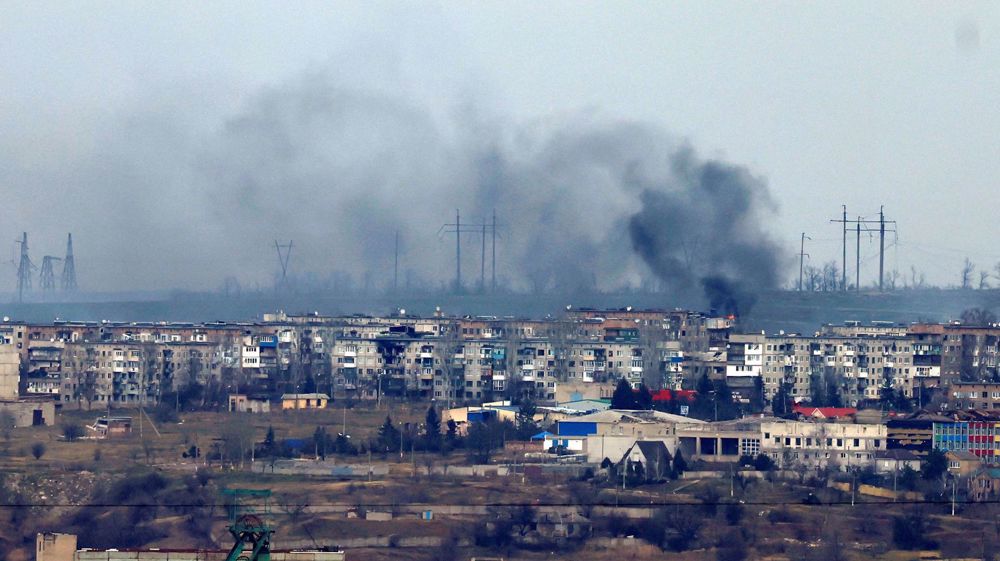
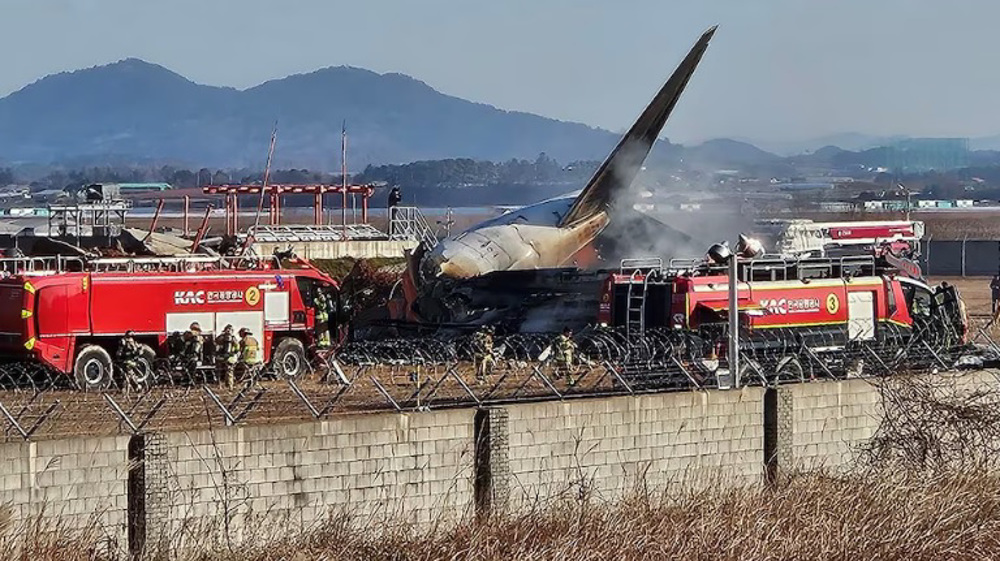





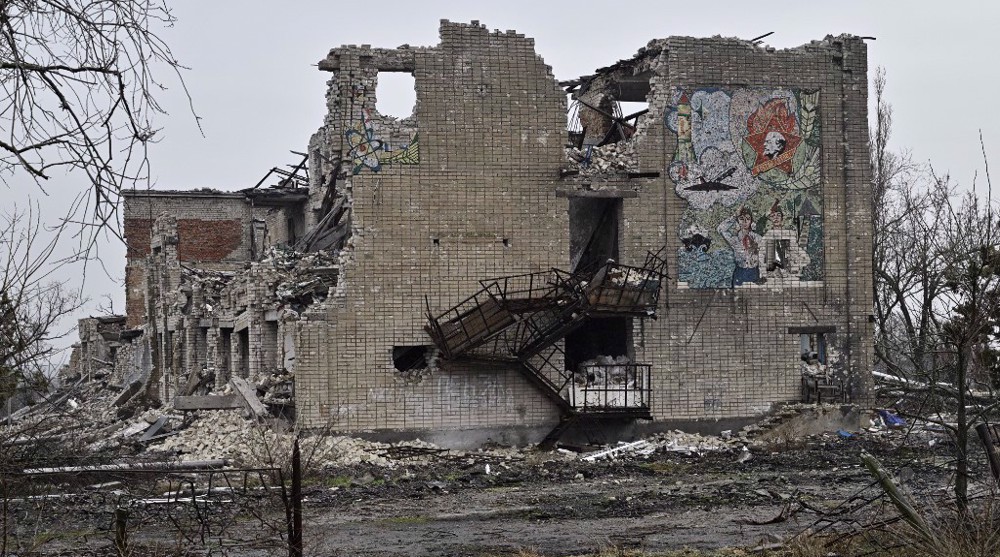
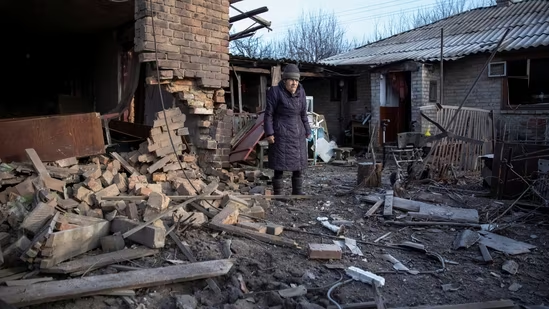
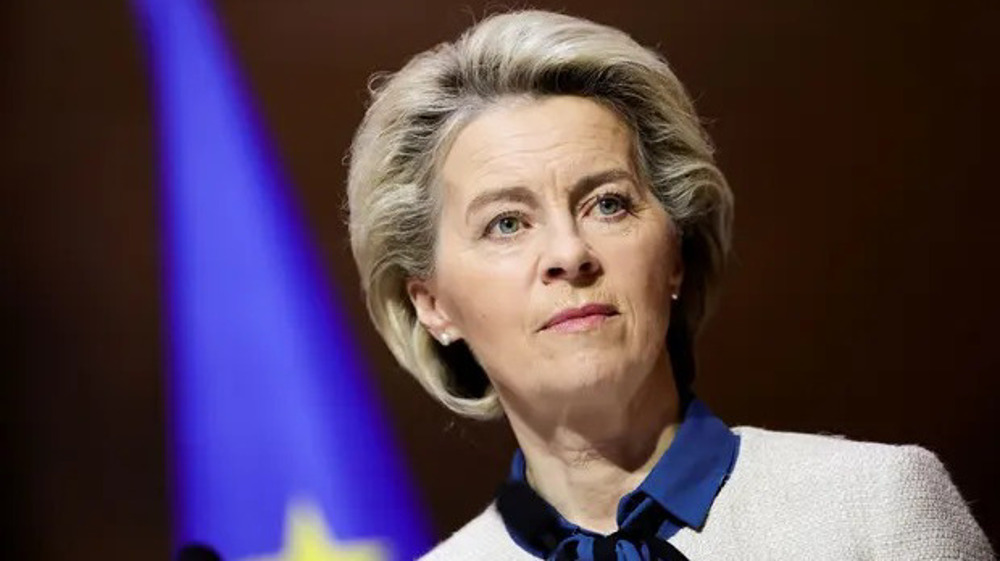

 This makes it easy to access the Press TV website
This makes it easy to access the Press TV website